An estimated one-third of people will have a brush with cancer at some point in their lives — a disease that touches nearly every family.
In founding Mission Bio, we sought to make a major impact on human lives. And to do that, we’ve been laser-focused helping the industry to develop the most impactful therapies — therapies that mirror the dynamism of cancer.
But with the growing complexity of clinical trials, precision biomarkers are needed to reduce the time and costs associated with the drug development cycle. Broad-based sequencing methods lack the sensitivity necessary to monitor the evolution of cancer cells, to reveal how specific mutations drive disease progression or therapy resistance in patients.
That’s why we’re thrilled to announce our new partnership with Onconova Therapeutics, supporting their biopharmaceutical team in their mission to discover and develop novel products to treat cancer, with a focus on Myelodysplastic Syndromes (MDS). Supporting the pharma and biopharma industries through clinical trials and commercialization continues to be a key focus in our work.
Through this collaboration, Onconova will utilize Tapestri’s insight into disease origins and paths of progression to investigate its novel cancer therapy, rigosertib.
Rigosertib has the potential to be the first new higher-risk MDS treatment in more than 15 years, for a condition affecting an estimated 59,000 patients with low and higher-risk MDS in the United States alone. With Mission Bio’s Tapestri Platform, researchers can uniquely detect rare cancer subclones and co-occurring cancer mutations at the single-cell level, offering a precise way to measure therapy response and disease progression. With this level of insight, the Tapestri Platform is uniquely positioned to support the advancement of rigosertib to the clinic.
At Mission Bio, we’re empowering researchers with a view of each patient’s disease at a level of precision never before achieved. We have a commitment to delivering on the promise of precision medicine; to enable breakthroughs that make a difference in the lives of patients in need — some might say it’s in our very DNA.










